I was ordering a watch band from Amazon last night, and before I checkout out I tried to remember if there was anything else we needed.
“Toilet paper!”, I said to myself.
I can’t believe it makes much sense, environmentally, for a Purolator truck to deliver toilet paper directly to my house, but I’m intrigued to know just how little sense it makes. And the only way to find that out is by trying it out.
So 48 rolls of Seventh Generation Unbleached Bathroom Tissue are set to arrive on Monday.
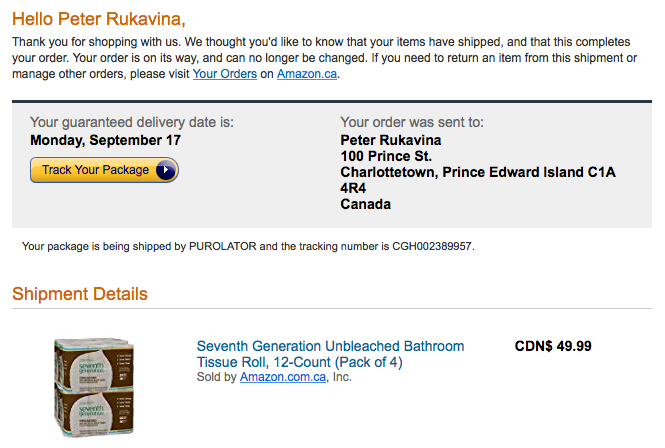
Amazon also provides the ability, with a slight price break, to subscribe to toilet paper, but I’m not entirely sure of our toilet paper cadence, so wouldn’t know at what quantity I should do so.
Also, that seems crazy.
Back in my early days on the executive of the PEI Home and School Federation I received a call from a parent concerned about the cancellation of the “late bus” in West Prince: they were concerned that this cancellation had made participating in after-school activities hard for many students, and they wanted something done about it.
A couple of days later I had occasion to be on the phone with Dale Sabean, then Superintendent of the Western School Board, and I brought the matter up: with some indignation in my voice, I’m sure, I raised the issue. “How could the board be so short-sighted to take this ham-handed move?”, I might have said (although I was likely more polite).
“You know there hasn’t been a late bus for more than 20 years, right?”, Dale replied.
To this point I’d been operating under the assumption that the cancellation of the late bus was a recent move, and one that needed to be nipped in the bud immediately; that was certainly the impression I got from the complaining parent.
Dale and I had a good laugh about this, I suggested that the board re-examine the notion of establishing a late bus, and I emerged chastened, wiser about the half-life of public school issues on Prince Edward Island, and happy that Dale Sabean was such a kind-hearted superintendent.
Today, the CBC reports, Public Schools Branch announced that there will be a one-year, two-days-a-week trial of a late bus in West Prince.
Ton writes about networked agency in the shadow of The Copenhagen Catalog:
For me the unit of agency is the individual and a group of meaningful relationships in a specific context, a networked agency. The power to act towards meaningful results and change lies in that group, not in the individual. The technology and methods that such a group deploys need to be chosen deliberately. And those tools need to be fully within scope of the group itself. To control, alter, extend, tinker, maintain, share etc. Such tools therefore need very low adoption thresholds. Tools also need to be useful on their own, but great when federated with other instances of those tools. So that knowledge and information, learning and experimentation can flow freely, yet still can take place locally in the (temporary) absence of such wider (global) connections.
While Ton was focusing on digital systems, I think it’s useful to read his words with an eye to how our legislatures work, as what is the legislative process other than individuals in meaningful relationships working to govern.
While the Rules of the Legislative Assembly of Prince Edward Island are nominally under the control of legislators, the essential ingredients of legislative process have remained unchanged for hundreds of years and I dare say that if you ask any individual MLA whether they feel that the shape of the process and the tools available to them, engender a environment where “knowledge and information, learning and experimentation can flow freely,” they would answer no.
The way we choose to arrange our legislatures, and the power we afford to the status quo, owes much, I imagine, to the long-fought drive for responsible government: once we had a system that mostly worked, the notion that we should constantly tinker with it lost out to a desire to not have the system topple over again. And so we are left with a system based on gentlemanly combat rather than on enlightened collaboration, a system, I think, that has outlived its usefulness.
We’re centuries into this experiment now, and the world is in the midst of a wholesale upgrade in how we communicate, how we relate, and how we make decisions: it’s high time we looked at how we choose to govern ourselves through these new lenses and consider redesigning the process, in more than simply cosmetic or procedural ways, so that we can better achieve the “meaningful results and change” that Ton writes about.
By far and away the greatest boon to my blogging practice over the past couple of years is giving myself the ability to post here by email, something I described the technical aspects of back in 2016 when I coded it up.
It’s proved a valuable new tool for posting when I’m out of the office or when I’m traveling, especially when I want to post a photo just after taking it. It’s also allowed me to use the speech-to-text feature of my phone to dictate posts, which requires a lot of proofing and editing, but is generally easier than trying to tap things out in full on the tiny phone keyboard.
I added a new feature to this setup today, giving myself the ability to add categories to blog posts by including lines that start with a hash (#) symbol.
So, for example, I want to categorize this post as Weblogging, Email and Postmark, so I enter those three terms in the body of my email, as you can see in the screen shot below, and that’s how this post gets categorized.
Until this point I’d go back to posts later on and add categories; this saves that step.
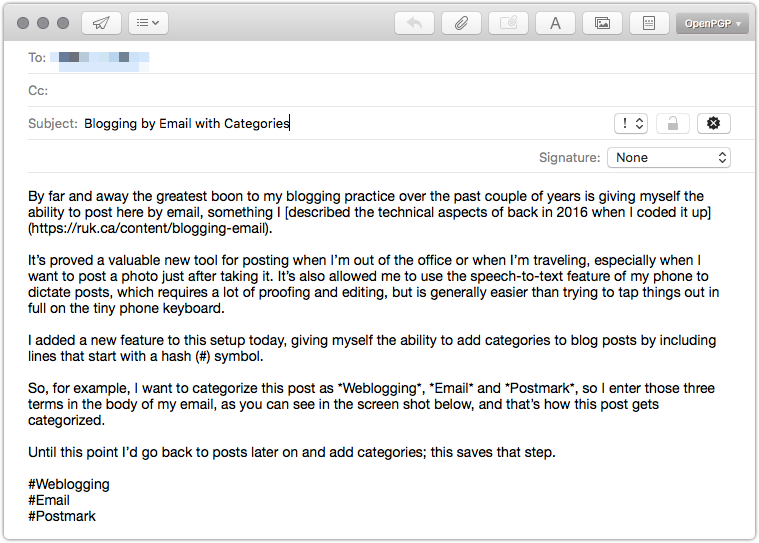
In the window of Wright’s Shoes on Queen Street (which has uncommonly good window displays that have got me into the store more than once).
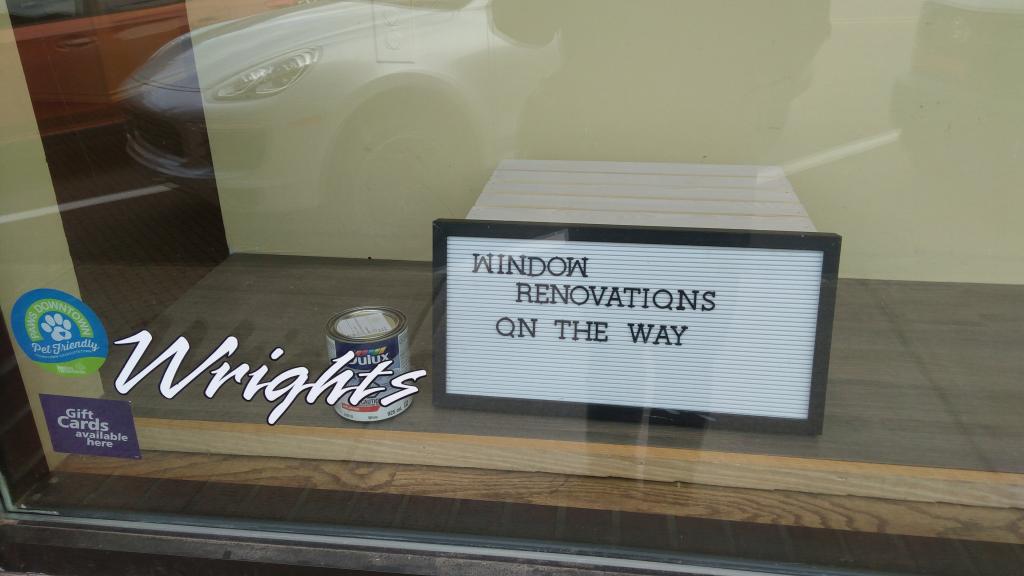
The Clyde River project posting letters home from World War I continues today:
Well, Jack, how is the war going along? We don’t know anything about it here. We might as well be in the woods a thousand miles for all that we don’t know that there is a war.
With all that we know about the war, and with our modern communications tools, it’s easy to forget that those in the middle of it didn’t know much about what was happening. And of course they didn’t know when, or if, the war would end.
I spend an inordinate amount of my time attempting to map characters from one TV show onto characters from another (like Jerry=Kirk, Kramer=Spock, George=Bones, Elaine=Scotty).
So, apparently, do the Johns Hamilton Gray.
From the book This Could Help by Patrick Rhone:
Why wait for the eulogy to state what someone means to you? If someone’s life and accomplishments have great meaning the day after they are gone, my bet is they had even greater meaning the day before. Tell them today — right now — while you have the chance. Because this moment may be your only chance. Because none are guaranteed.
You never know how it might have an impact on someone who needs to hear it. We so often do not get the full story. Even from those we are close to. A kind word of gratitude for who someone is and what they mean to you could make someone’s day or even save their life.
I’m generally adverse to aphorisms, but I’m also a frequent sender of thank you notes, and I gotta tell you, thanking someone is way better than not thanking them and then having them up and die.
Saying thanks is also much more satisfying than complaining.
(Pro tip: telling someone who is dying what they’ve meant to you will not make them die faster, nor make them think you’re ready for them to die; there’s only an upside).
Heinz Wittenbrink was one of the people that Oliver and I met at Smart Stuff That Matters in Amersfoort last month; he was in our initial “get to know each other by the stories we tell” group, so we got to know him personally, not professionally (always the preferred route).
On the Saturday morning after the unconference we had a morning and early afternoon to ourselves, and we spent it in the old city centre, having a leisurely breakfast, doing some shopping, and visiting Mondriaanhuis.
We ran into Heinz in the bookstore just after eating breakfast, and then again, an hour later, in Mondriaanhuis, as one might run into an old friend while doing errands around town. Those brief happenstance meetings were among the highlights of the weekend for me.
Heinz, in Zurück von der Smart Stuff that Matters Unconference 2018, has written thoughtful reflections on the unconference, reflections that Ton has helpfully translated excerpts of into English.
As with Ton, it was these words from Heinz that rang loudest for me:
To list the themes [….of the sessions I attended…] fails to express what was special about the unconference: that you meet people or meet them again, for whom these themes are personal themes, so that they are actually talking about their lives when they talk about them. At an unconference like this one does not try to create results that can be broadcast in abstracted formulations, but through learning about different practices and discussing them, extend your own living practice and view it from new perspectives. These practices or ways of living cannot be separated from the relationships in which and with which you live, and the relationships you create or change at such an event like this.
Heinz’s “die eigene Lebenspraxis zu erweitern und mit neuen Perspektiven anzugehen,” to “extend your own living practice and view it from new perspectives,” is a lovely construction, and is the basis for almost everything I do.
It was lovely to meet Heinz in Amersfoort; I am certain that our paths will cross again, either formally or perhaps reaching for the same magazine in a Graz newsstand.
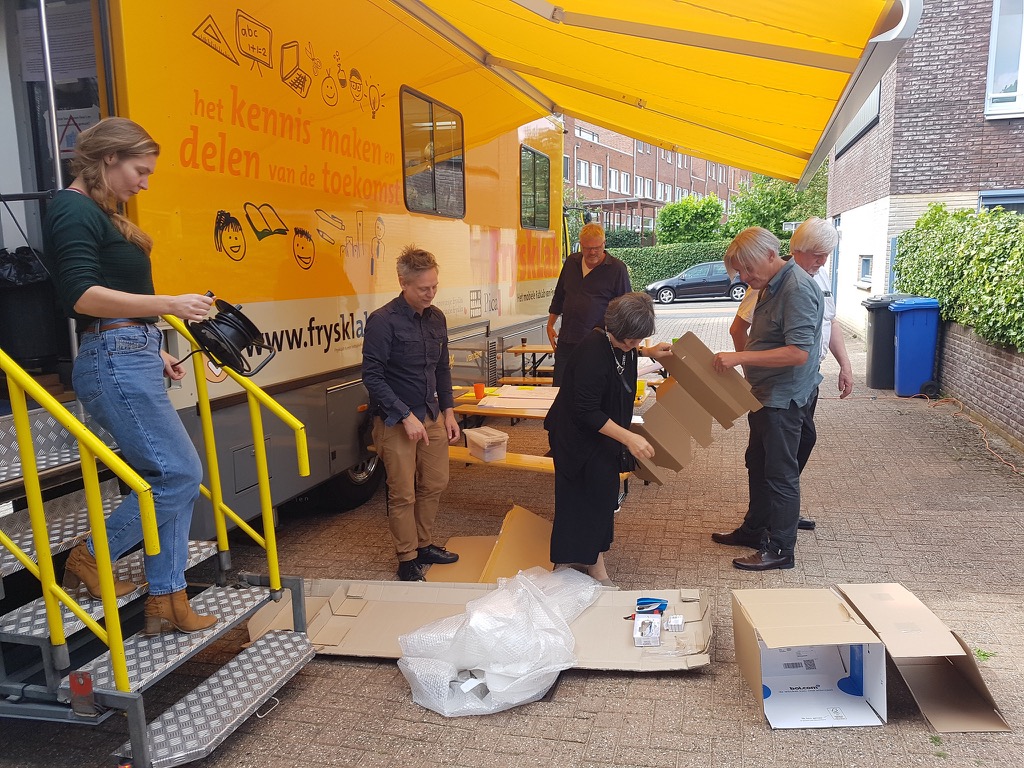
(Heinz, in blue on the right; photo by Ton Zylstra, license)
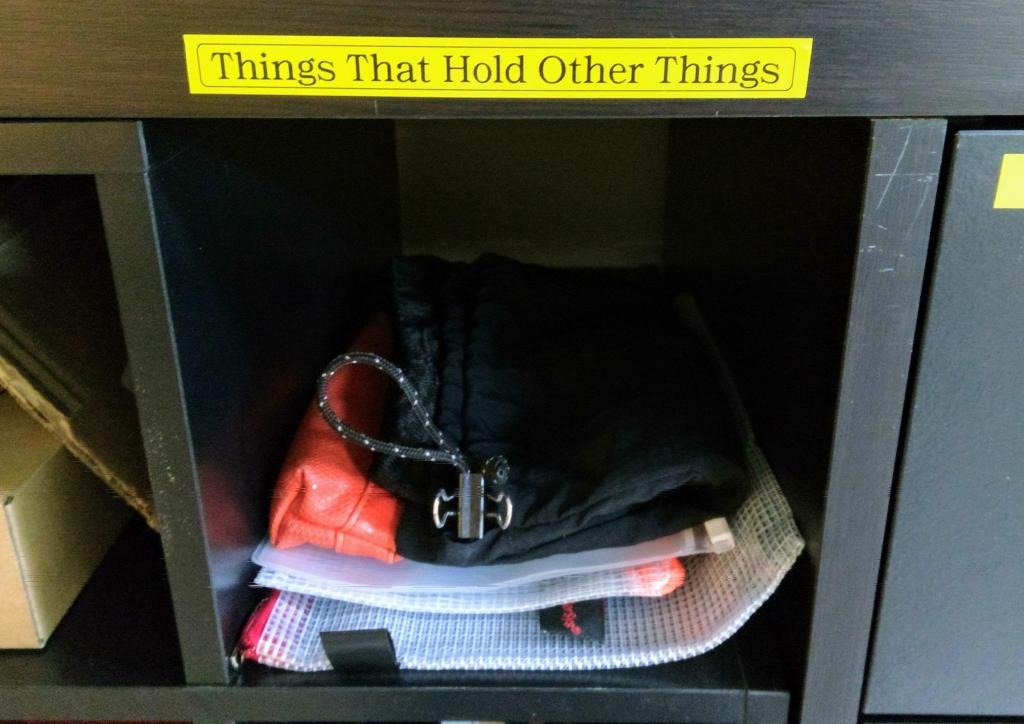
 I am
I am